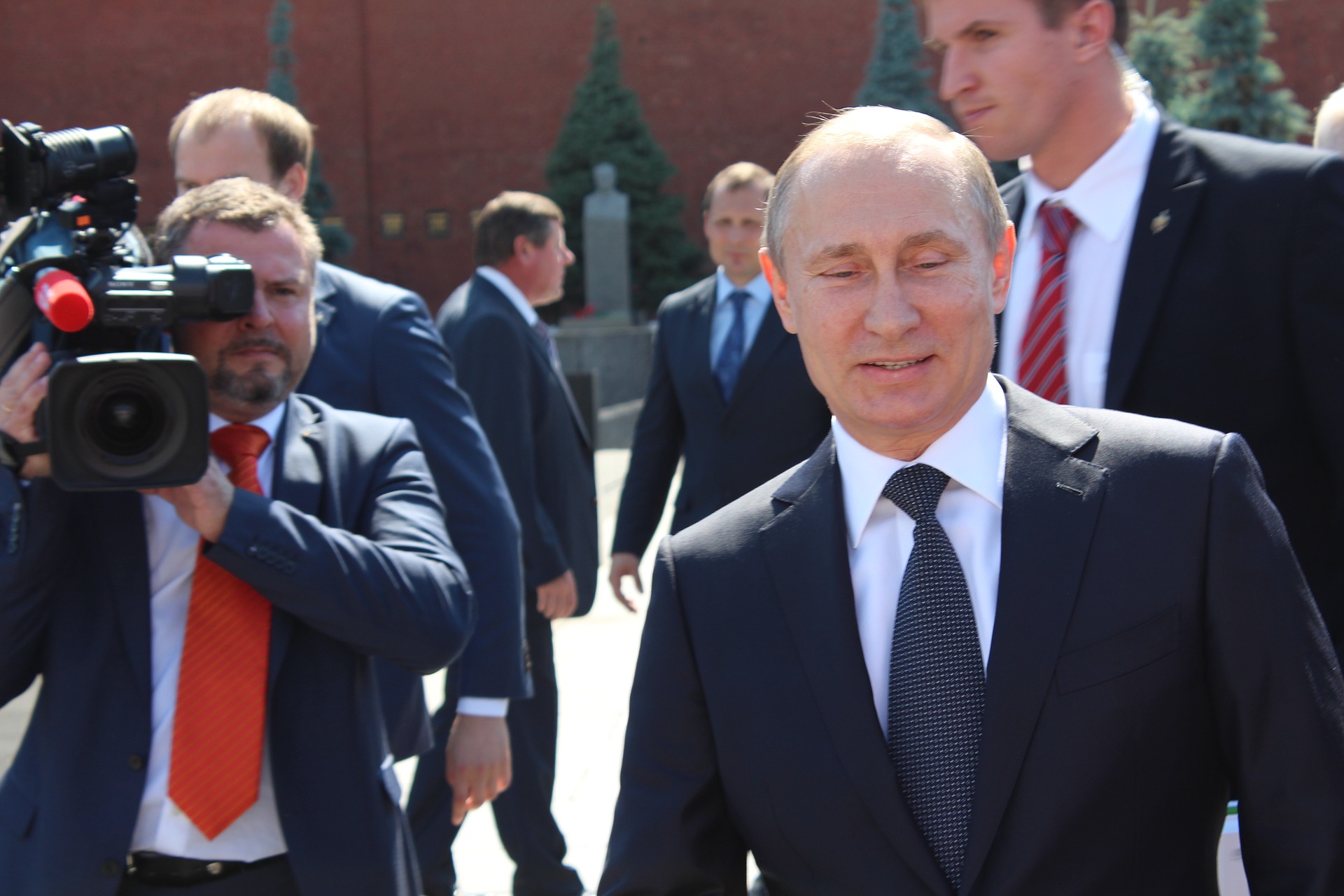Russia is the next country in line to develop an intranet, following the footsteps of China and Iran. They already tested their alternative to the world-wide internet, and according to reports, successfully. The country is doing this in an attempt to limit people’s exposure to foreign websites and services, especially dominating ones like Facebook and Google.
The country already has a few prosperous services, such as the search-engine giant Yandex and email company Mail.Ru. Limiting the citizens to access foreign services might be helpful to these companies, but also other smaller web services in the country. Furthermore, Russia plans to create its own Wikipedia alternative, which might be state-controlled.
However, most experts view this move as a way to control their citizens. “Sadly, the Russian direction of travel is just another step in the increasing breaking-up of the internet,” Prof Alan Woodward, a computer scientist at the University of Surrey, told the BBC.
“Increasingly, authoritarian countries which want to control what citizens see are looking at what Iran and China have already done. It means people will not have access to dialogue about what is going on in their own country, they will be kept within their own bubble.”
Russia already puts limits on websites and services, but people can still access them with a VPN. The new intranet will block access to those services on an ISP (Internet Service Provider) basis. In other words, the ISP will not allow their customers to access the world-wide internet by any means, installing sort of a firewall. Instead, they will only be able to access a local intranet.
Nonetheless, some experts say that limiting access to the internet is a huge technical challenge that’s not easy to overcome. “The Russian government has run into technical challenges in the past when trying to increase online control, such as its largely unsuccessful efforts to block Russians from accessing encrypted messaging app Telegram,” Justin Sherman, a cyber-security policy fellow at the New America think tank, told the BBC.







